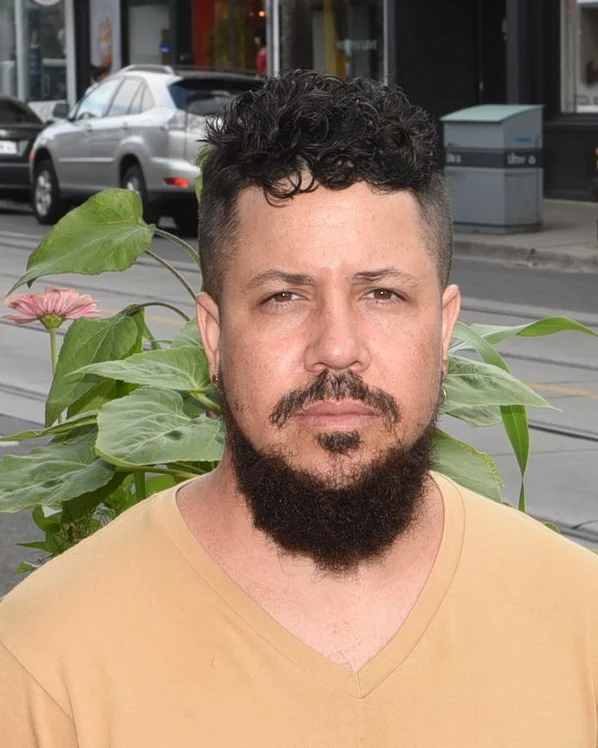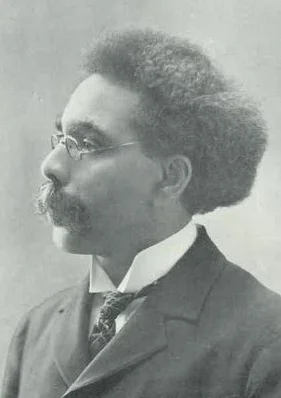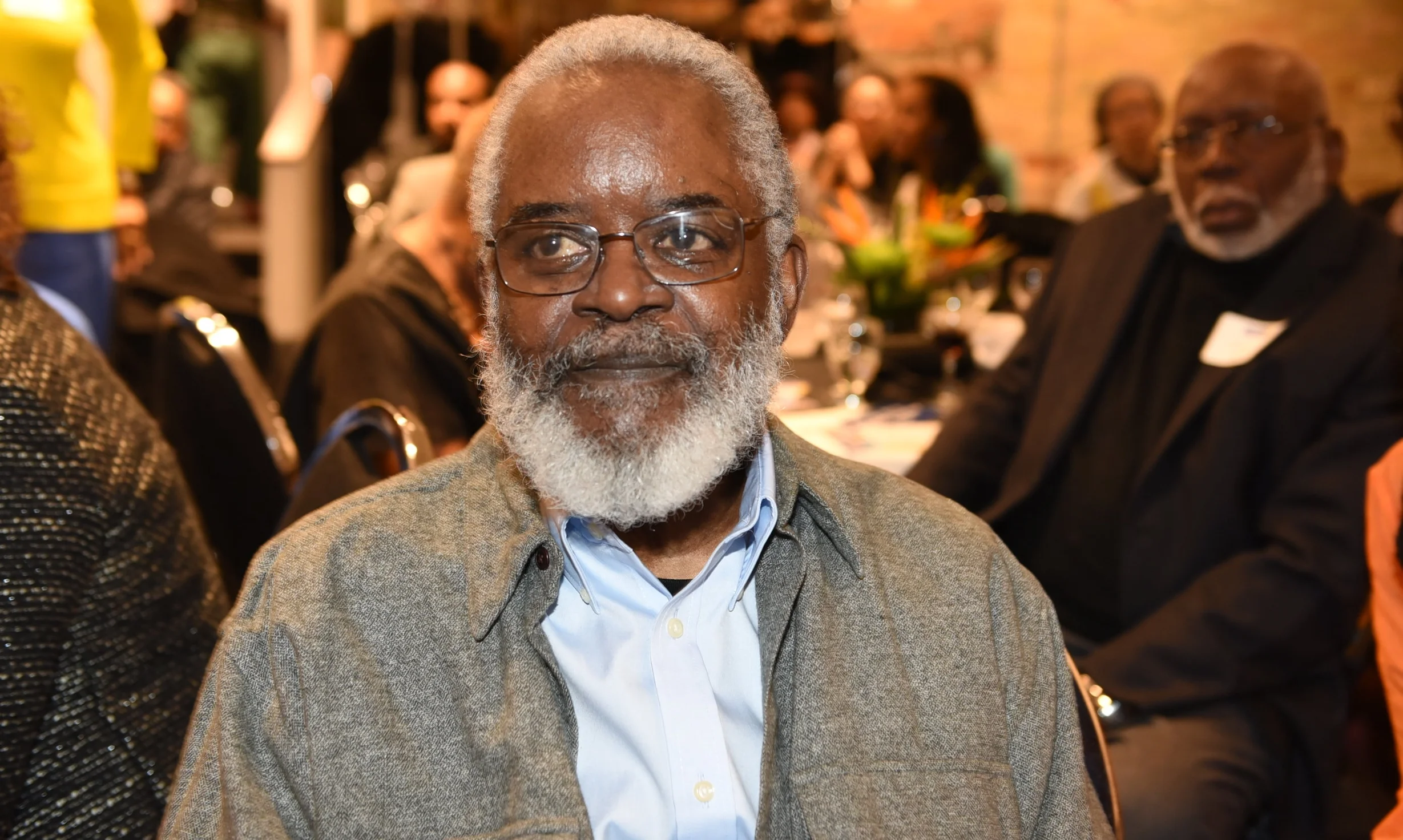Jamaican filmmaker Storm Saulter at the top of his game
August 23, 2019
Creative artists often stumble upon ideas in strange places.
While in Norway in January 2016 for an art exhibition to honour the life and legacy of Jamaican cultural theorist Stuart Hall, award-winning feature filmmaker Storm Saulter ran into some friends, one of whom was heartily laughing at a video she was watching created by Jamaican social media blogger Dale Elliott.
“Do you know him?” inquired Hall’s Jamaican-born Norwegian-based friend to which his reply was ‘No, I don’t’.”
Casting at the time for his second feature film, ‘Sprinter’, Elliott somehow caught Saulter’s attention.
“When I saw him in running form, I thought there was something about this guy,” he recalled.
Back in Jamaica, Saulter tracked down Elliott and was amazed by the similarities of the young man’s life story and ‘Sprinter’s’ main character, 17-year-old Akeem Sharpe.
Raised by his grandmothers, Elliott ran track at Kingston College before enrolling in the University of the West Indies International Relations program.
‘Sprinter’ is a coming-of-age drama that tells the story of a young Jamaican runner grappling with feelings of abandonment by his mother residing illegally in the United States, living with a drunken father and a brother caught up in street life while, at the same time, developing his athletic talents and struggling to make the transition to adulthood.
“While I was talking to Dale about the character, he was like, ‘Somebody told you about my life’ and ‘What is going on’?,” said Saulter who was in Toronto late last month for a sneak peek of the film at the Bell Lightbox. “This guy had never acted before and I knew I would be taking a big risk with him. But I just kept telling myself he’s perfect for the role. My thinking was that if I could just work with him to enhance his dramatic ability, he could bring a level of truth to the role that an actor performing this experience may not. That’s why I chose to go down this path.”
It was through the film that Elliott got the opportunity to reunite with his parents.
“When we went to the United States to shoot part of the movie, Dale saw his dad for the first time in over 10 years,” said Saulter. “They are now working to establish a relationship. I travelled with him to England last February for the screening at the British Film Institute (BFI) London Film Festival and his mother was there to greet him at the airport. It was the first time she was seeing her son in 17 years.”
Just like Elliott, Saulter said the film reflects a lot of his life growing up in Negril with eight other siblings.
“I think of my time as a teenager, coming of age and trying to figure out what it is to kind of be a man in the Caribbean and these things that we all kind of do because there are very set structures,” he noted. “I was always interested in exploring that moment in someone’s life. Also, the character was trying to get back to his mom and for me, I had lost my mom and I miss her terribly. I was processing those feelings and I was really interested in creating a character that was also processing this feeling, but had a chance if they could do something extraordinary to get to see her again. Beyond that, I am very interested in track and field. I have photographed Usain Bolt and other athletes with Puma and that just kind of helped to build my interest and understanding of what it takes. So, a lot of things came together to create this.”
Released last year, ‘Sprinter’ made its Canadian debut at the Toronto Black Film Festival last February.
Will Smith and his wife, Jada Pinkett-Smith, are the executive producers of the film that was in development for three years.
Saulter said the script was completed at a time when the Smith’s production company – Overbrook Entertainment – was looking for appealing content.
“After working on the script for a while and finally getting it in a good place, the connection with the Smith’s was made through my producer (Rob Maylor) who was doing some work with Overbrook,” he said. “We were basically able to put the script in front of them at the right moment when they were looking to support emerging voices and new kinds of stories. About 24 hours after they got the script, we got a call saying they wanted to be involved in the project. The Smith’s involvement and support brought a lot of attention to the project and that has been really valuable and important.”
Though involved in every stage of the process from development to distribution, seeing the final product provided Saulter with the most satisfaction.
“I felt very good because we struggled to find that final cut,” he said. “It was tricky getting there. There was a bit of shrinking the film and pulling it back out. I fought a bit for certain scenes to get in there because I felt it would bring some energy to the film. When I was able to get that version of the film done, I felt really great. I could feel it in the room when the film premiered at the American Black Film Festival (ABFF), but I still didn’t grasp the full magnitude of what we created until it started winning awards. It was like, ‘Wow, something is going on here’. When you are close to something, sometimes you can’t really tell how it will do.”
‘Sprinter’ was the big winner at last year’s ABFF in Miami, capturing the Grand Jury Prize for Best Narrative Feature and the Audience Award in the Best Film category. Saulter won the Best Director Award.
It also clinched the New Vision Award at the Bahamas International Film Festival, the Best Feature Film prize at the Nouveaux Regards Film Festival in Guadeloupe and Best Narrative Feature award at this year’s Pan African Film Festival in Los Angeles.
Making his acting debut at age 11 in a children’s movie inspired Saulter’s interest in creative visuals that reinforce a narrative and offer audiences an emotional experience.
“While I was sitting there, my attention was focused on the people behind the camera,” he said. “I said that is what I want to do and I told myself if I was where they were, I would do things differently. I knew I wanted to create the work and not be in the work. I am in it already because I am the creator. I am like a painter interested in putting the whole thing together. When you are one step removed from a story, then you can go deep into characters in different directions. I am in all my characters and my experiences are in my films, but I definitely try to stay one step back to really be able to guide things and stay objective.”
Having inventive parents helped Saulter, who has four dogs, to express his creativity.
Bertram Saulter is an architect while his wife Greer-Ann Saulter, who succumbed to cancer a few years ago, was a designer. They established Caves Resort that’s perched on the cliffs in Negril and co-founded, with Paul Bucknor, the Flash Point Film & Music Festival that existed from 2005 to 2008.
“Growing up in the cliffs, I was free to roam in open spaces, go spear fishing and get lost in the mango bush,” he recounted. “I had total freedom of the land and that played into my adventure. My passion for storytelling came from that upbringing and the freedom that I had to be me. I was into visual arts and photography and that led to directing.”
After graduating from the Los Angeles Film School in 2001, Saulter – who attended Mannings which is Jamaica’s second oldest high school after Wolmer’s – was introduced to Director X through Maxine Walters who is a Jamaican film & television producer.
Meeting the Canadian film & music video director & producer, who was on the Caribbean island for a shoot, was an inspiring experience for Saulter whose photography and art work have been exhibited at the National Gallery of Jamaica.
“Maxine invited me to sit next to X on the bus and we engaged in conversation,” he said. “I must have made an impression on him because later that day, he gave me a camera to direct the second unit which meant I could go off and shoot my own stuff for the project he was working on. That was a real moment of empowerment. After that, X invited me to New York to work on music videos with him.”
During his two years in the United States, Saulter also spent time in Miami Beach where he met Josh Bratter who was the principal investor in his first feature film, ‘Better Mus’ Come’, that’s a sensitive and haunting account of Jamaica in the 1970s told from the perspective of a young man caught up in the violence and intense inter-party rivalry.
“Even though I was doing music videos, I wanted to make features and I wanted to be a movie director,” he said. “In Miami, I was writing feature film scripts and doing a lot of stuff that got into galleries. I was learning a lot, but I had to return to Jamaica to get a visa. That took quite a while to be processed and it suddenly dawned on me that instead of returning to the U.S to fight to make movies, I could stay in Jamaica and do the same thing.”
He co-founded the New Caribbean Cinema Film Collective whose first feature, ‘Ring Di Alarm’, debuted at the BFI in 2012.
Saulter said film production in the Caribbean is surging despite the islands’ economic challenges.
“A movement is emerging and there are endless stories to be told,” he pointed out. “The Caribbean is also full of new types of characters. There are not only stories in the classic storytelling context, but there’s a new way to tell stories. I think we are getting confident to start to push in those directions.”
Saulter, who directed commercial campaigns and captured visuals for Beyonce and Jay Z’s ‘On the Run II Tour’, is in the process of completing the script for his third feature, ‘John Crow’s Devil’, which is an adaptation of Marlon James’ first novel.
“Marlon is an amazing person and fascinating storyteller whose stories have affected me and many other people,” he said. “From the time I read that novel, I wanted to make a film. I have been behind him for years to do that and I am so thankful that he gave me the opportunity.”
Four years ago, Saulter was the Filmmaker in Residence for the second semester at the University of the West Indies Department of Literatures in English.
“I wasn’t really sure what to expect teaching this class, but very early I realized that there was a room full of great storytellers with really strong and deep ideas who were passionate about film,” he said in an interview. “…I never went to a classic university myself, so working with students that age was a new and energizing experience for me as well.”
A regular visitor to Toronto for more than a decade, Saulter was a bit disappointed to miss this year’s Toronto Caribbean Carnival because of an engagement in Philadelphia.
“I have never attended the parade,” he said. “This is one of my favourite cities because of the multicultural vibes. Toronto has all the niceness of a global city minus some of the nastiness you experience in other places. The Caribbean energy is obvious and the people here support my work.”






